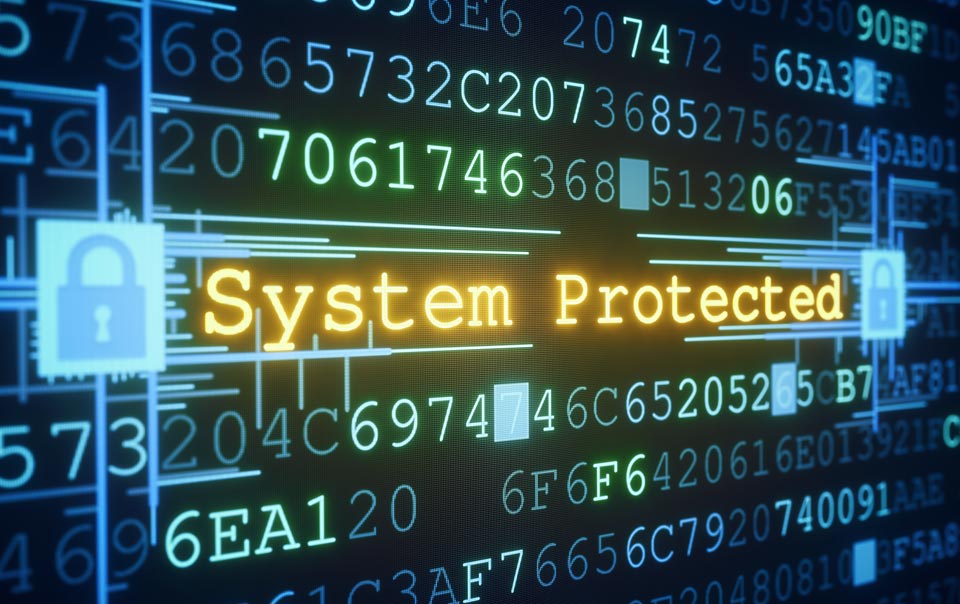
Confidential information may be sold for a hefty price on the dark web. Cybercriminals can anonymously purchase credit card numbers and names to nefarious ends. Security breaches can cost companies vast amounts of money—on average close to $4 million for major corporations. This article will outline the ten reasons we need to prevent information breaches.
1. Prevent Criminal Activity

The importance of data handling is paramount for financial institutions. KYC stands for Know Your Customer. KYC regulations include customer due diligence processes and AML procedures (Anti Money Laundering)–these are used to ensure that criminals cannot use organizations as ‘tools’ to transfer their ill-gotten gains. Prevent criminal activity by employing a KYC solution.
2. Avoid Social Engineering Attacks
These attacks exploit human interactions to gain access to valuable data. At the root of all social engineering, is deception and manipulation. With cybercriminals tricking their targets into taking specific actions such as bypassing security measures or disclosing sensitive information at a rate that has increased in recent years. Information breaches are likely when you let an attacker swindle themselves inside your network.
3. Protect from Third-Party Breaches

Third-party exposure is a significant issue for retailers, particularly online retailers. Third parties often handle payment processing and other vital services, many retailers assume they are not responsible if there were an attack on one of those third-party vendors. Using a third-party vendor does not absolve them of responsibility if someone who had access breached their data to information—take steps to curb the risk of third-party security breaches by protecting your data information.
4. Circumvent Ransomware
Ransomware attacks the user’s computer, encrypting all important information on it including documents, pictures, and other data such as passwords; without paying up users are left with nothing but scrambled code. It usually enters by way of malicious emails but can also be on websites or in downloads. Ransomware attacks are on the rise. The best way to protect data from Ransomware is with antivirus software updates and backups. If you back up your files, they will be safe in case of ransomware attacks on your computer or devices.
5. Steer Clear of Phishing

Phishing is a targeted attack that aims to steal private information from unsuspecting targets. Phishers will send out deceptive emails intent on accessing login info, passwords, and any other sensitive data you may have saved with them. These fraudulent messages are complete with precise wording, logos, and even graphics! As if it isn’t enough for phishers to trick people into giving up valuable personal information– they also like initiating identity theft by hacking online accounts or phone lines. Stay vigilant when reading email content so as not to become an easy target.
6. Prevent Data Leaks
Data leaks have been an issue for some time now. The common idea of a security breach in the workplace isn’t enough anymore since people are also using their phones and tablets to store information. Even when you’re not on company property, your devices could still be at risk from cyber-criminals who want access to any information they can find – which includes yours! Secure data protection ensures peace of mind for both users and organizations. Learn how to stay safe online.
7. Protect from Operational Crisis

For every company that deals with customer data, the worst thing to do is lose it. When a small business experiences system infiltration and data loss, they’re almost always crushed by these effects on their operations without fail. This can mean loss of customers and lost profits for your organization if you don’t keep up constant vigilance of all vulnerabilities in your IT infrastructure; around 70% of companies who experience such an incident end up out of commission within months.
In the event of a data breach, time and money are lost. Depending on how severe the breach was, this could take weeks or even months of downtime because of recovery efforts while simultaneously trying to find out what caused such an event and who did it so they may face the consequences for their actions.
8. Avoid Legal Action
There has been a tremendous increase in class action lawsuits because of the recent data breaches. Victims seek monetary compensation for their personal information that was compromised by intentional and not-intentional actions on behalf of organizations, which are legally bound to take all necessary steps to protect it under regulations. Sensitive information can be a burden for the company. Every employee should know how to keep sensitive data secret and safe so that it does not lead to their downfall in lawsuits or other problems related to breaches of security protocol.
9. Protect from Financial Repercussions

Data breaches are costly to both the company and its customers. The financial impact of a data breach can include compensating affected customers, setting up incident response efforts, investigating the breach, investing in extra security measures, and legal fees for not complying with regulations. Informational breaches can significantly affect share price and valuation.
10. Safeguard Your Reputation
The internet has made the world a much smaller place. In today’s hyper-connected society, news about you or your business travels fast – and those who may have never heard of you before are likely to know all about it days after any data breach occurs! A company can experience many challenges following a security incident; there is lost trust amongst current customers and associated identity theft spikes. This could lead to long-term complications for an organization.
Creating systems and implementing steps to preventing information breaches before they occur will quickly and efficiently defend you from potential catastrophic consequences. This is because cybercriminals are always looking for vulnerabilities. Click here to learn more about what protection is available to you and your company and best practices on how to protect yourself and other companies who may share data- this way, all of us benefit!




